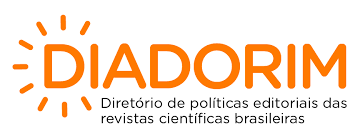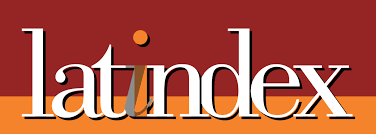ALLOGENEIC HEMATOPOIETIC STEM CELL TRANSPLANTATION IN ELDERLY PATIENTS IN BRAZIL
A COHORT
DOI:
https://doi.org/10.46765/2675-374X.2023v4n2p198Abstract
The allogeneic hematopoietic stem cell transplant (allo-HCT) represents an important therapeutic strategy for acute leukemias, lymphomas and solid neoplasms, also used in benign diseases, such as aplastic anemia and inborn errors of immunity. This treatment requires myeloablative chemotherapy (conditioning regimen) followed by the infusion of donor-derived hematopoietic stem cells. However, this procedure carries some risks, such as infections, graft versus host disease (GVHD) and conditioning toxicity, which may result in transplant-related mortality. Over the decades, due to the increasing life expectancy and new advances in medicine, the cases of patients > 50 years with hematologic diseases that need allogeneic transplant have grown, requiring a comprehensive geriatric assessment as a mechanism for the best treatment option choice.
Objective: To apply a clinical frailty score and Karnofsky score in allogeneic hematopoietic stem cell older than 50 years old for three years in Walter Cantídio University Hospital (Fortaleza/Ceará) and in Amaral Carvalho Hospital (Jaú/São Paulo), expecting to recognize the profile of this patients and to demonstrate the relation between the clinical frailty score and overall survived, besides to estimate the contribution of GVHD prophylaxis and relapse in overall survival. Methods: Multicentric, retrospective, descriptive, analytical and quantitative study, acquiring dates by means of exams and medical record from Walter Cantídio University Hospital in Fortaleza/Ceará and Amaral Carvalho Hospital in Jaú/São Paulo. Results: The study selected 252 patients, 147 males and 105 females, sort in gender, disease, HCTCI score, CFS and KPS. In three years, the overall survival in FIT score is 2,46 years, while in FRAILTY score is 1,82 years. About the prophylaxis, the combination of cyclosporine, mycophenolate mofetil, cyclophosphamide had worse results than others prophylaxis. As expected, in case of relapse, there is shorter survival. Conclusion: The elderly population require a geriatric score in order to evaluate the profile of this patients once the allogeneic transplant must happen, then FIT patients has longer survival than FRAILTY patients.
Downloads
Published
How to Cite
Issue
Section
License
Copyright (c) 2022 JOURNAL OF BONE MARROW TRANSPLANTATION AND CELLULAR THERAPY

This work is licensed under a Creative Commons Attribution-NonCommercial-ShareAlike 4.0 International License.









